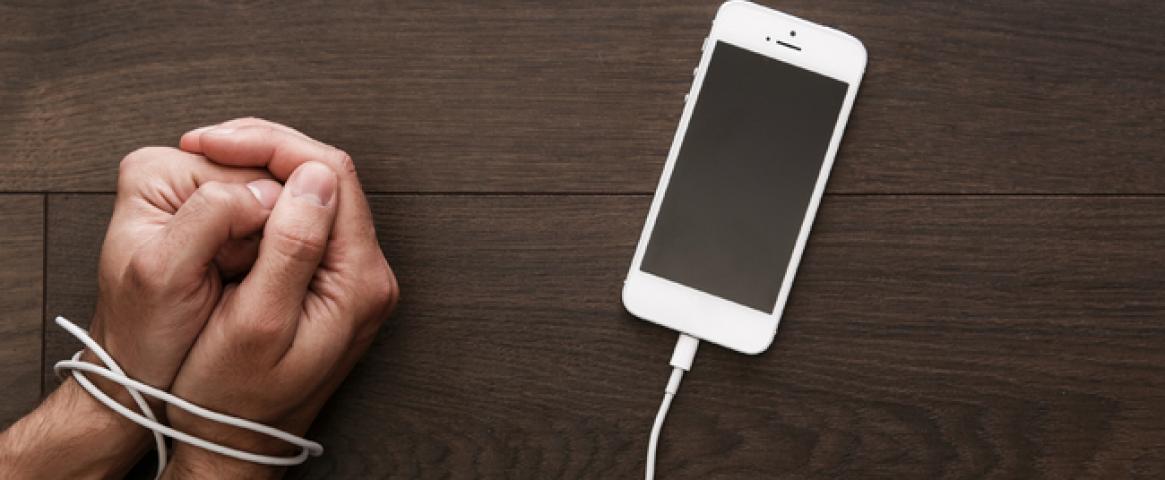By Morgan Sweeney
Before starting my day, I quickly checked my phone to see if I had any new messages. I texted a few friends back, and since I still had some time, loaded Twitter. An hour later, I had scoured Megan Fox’s Wikipedia page, perused a thirty-minute interview on Jennifer’s Body, and skimmed pages of reviews for Fall Out Boy’s latest album. I emerged from my trance feeling dazed and confused, wondering exactly how I had fallen down this particular rabbit hole.
Getting “sucked in” to one’s smartphone, as I did, is a common experience. Many people become absorbed in their smartphones, underestimating the amount of time spent on screens. Some feel less able to control their actions when on their phones. However, these elements are not unique to smartphone use; they are also typical of hypnosis.
“At its core, hypnosis is basically anything that bypasses the rational mind and taps into automatic processes,” said Samuel Vessière, Assistant Professor of Psychiatry at McGill University.
Hypnosis is a state of high absorption; while experiencing hypnosis, a person is completely immersed in their thoughts. When someone is absorbed in something, they lose track of what’s going on around them. In many situations, this can be a good thing, as described in the psychological state of flow. Put forward by positive psychologist Mihály Csíkszentmihályi, a state of flow is when a person is so absorbed in a challenging task that the rest of the world falls away.
Absorption goes hand-in-hand with time perception. When completely absorbed in something, a person may forget to keep track of other things, such as the passage of time. This lack of awareness can sometimes be liberating. However, difficulties may arise when confronted with hard deadlines. Social media, specifically engineered to be absorbing, can change a five-minute Twitter break to a two-hour YouTube binge.
Although absorption and altered time perception can be useful in their respective contexts, they must be evaluated according to their effects on everyday life. Becoming unintentionally absorbed, and consistently losing valuable time for relationships, hobbies, or work, may be a warning sign that your smartphone has a deeper hold over you than you realize.
The final and most dangerous similarity between smartphone absorption and a hypnotic trance state is lack of control. People who use their phones regularly may feel as though they have less control over their actions while on their phones, because their behaviors have become automatic. This may become a problem in the long term, as people who believe they have less control over their lives have been shown to be less happy and healthy over time.
Smartphone use and hypnosis rely on similar subconscious mental processes. By understanding the automatic processes that enable them, we can recognize their occurrence and disrupt them if need be.
Morgan Sweeney is a recent graduate of McGill University with a B.A.& Sc. in Cognitive Science. Her passion for creative forms of science communication propelled her to create a podcast that communicates psychology through fantasy stories. Morgan recently relocated to Chicago, Ill., where she works as a freelance science communicator.
This story was produced as part of NASW's David Perlman Summer Mentoring Program, which was launched in 2020 by our Education Committee. Sweeney was mentored by Roberta Batorsky.


